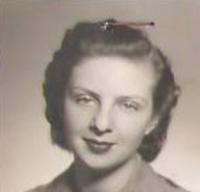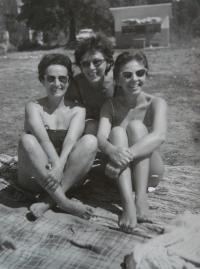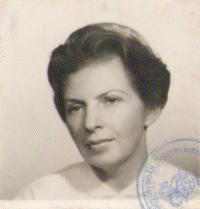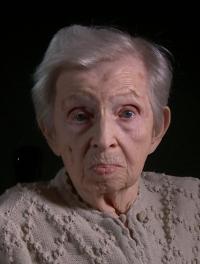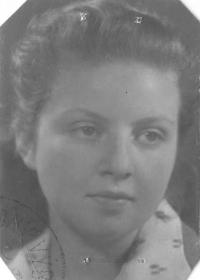“I didn’t believe for a moment that someone might get alive out of there.”

Download image
Valerie Slezáková, née Jungová, was born on 1st July 1923 in Nové Zámky, Slovakia. When she was one year old her family moved to Nitra . Here she attended the first four grades of the Jewish - Slovakian grammar school. Later, she attended a public gymnasium. She stayed there until 1939 when the Slovak State was proclaimed, introducing numerous discriminating measures against Jews. Valerie began to attend various cooking, sewing, language (English, French and Hebrew) classes and even a nursing course. In 1942 she was transported into Auschwitz concentration camp and later was imprisoned in Auschwitz - Birkenau camp. She had been transported again in 1945, this time to Ravensbrück concentration camp. Shortly after that she applied for Retzow town labor camp where living conditions were more bearable. Here, she worked as an assistant medic. At the end of the war she took part in the “death march” to Malchow but luckily managed to escape. She went on foot, on a hay wagon and by train to get through Warsaw to Nitra. The hardships of war took their cruel tool on the family - her mother committed suicide in 1946 and her sister died of tuberculosis three years later while her father was executed during the Slovak National Uprising. Valerie left Nitra in 1947 to follow her boyfriend and future husband Evžen Slezák to Prague. After graduating from a typewriting course she took a job in a public agency Monitor where she worked as a translator of foreign press. In 1966 she testified in the second Auschwitz trial in Frankfurt and helped convict the war criminal Josef Erber (Chustek).
